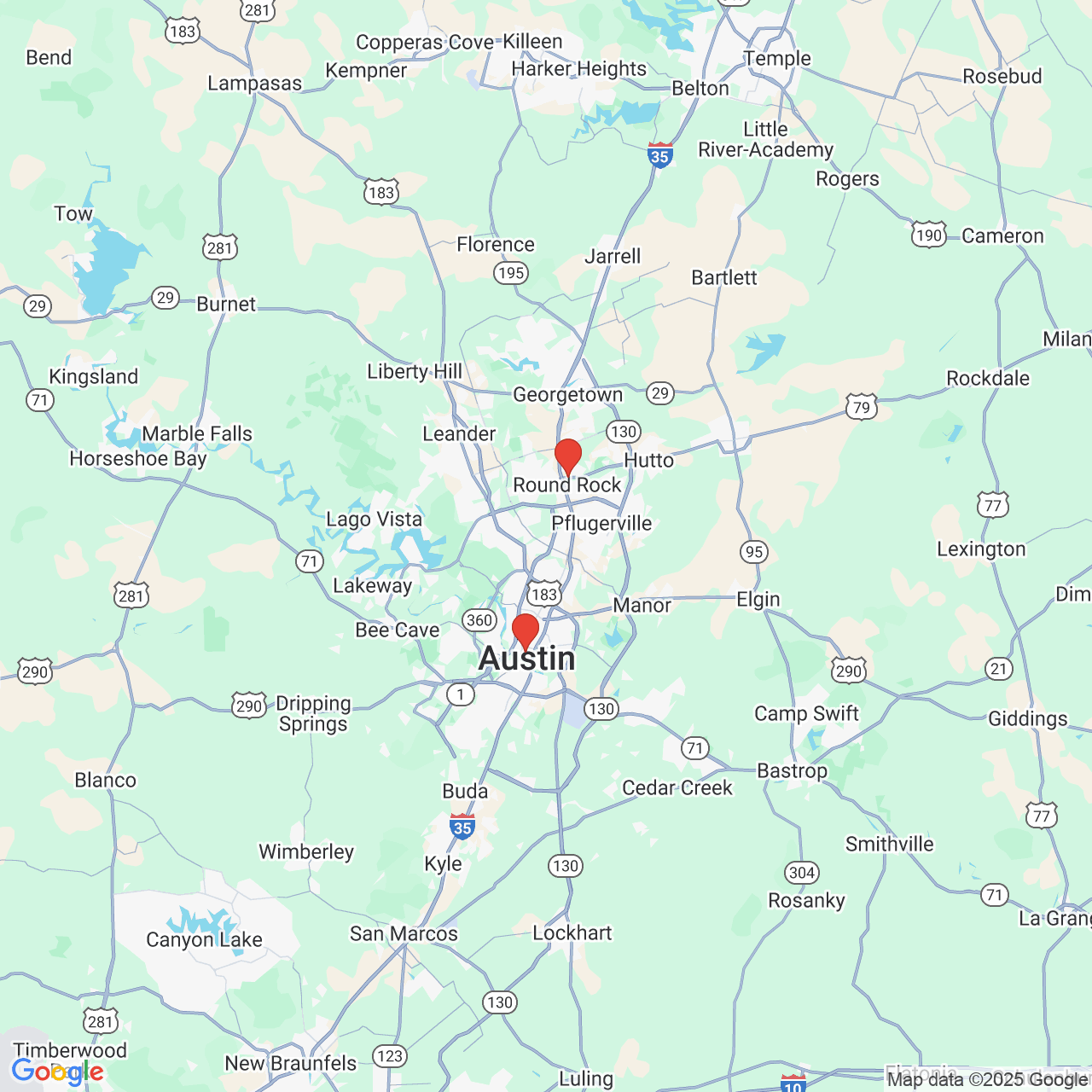
The Law Offices of Jason Trumpler
Jason Trumpler has handled thousands of criminal cases over nearly 20 years. He is a current or past member of several national, state, and local legal associations, including:
- American Bar Association
- Austin Bar Association
- Williamson County Bar Association
- National College for DUI Defense®
- Texas Criminal Defense Lawyers' Association
- National Association of Criminal Defense Lawyers
- Austin Criminal Defense Lawyers Association
- DUI Defense Lawyers Association
Contact our firm online or call us at (512) 457-5200 for a free case review.

